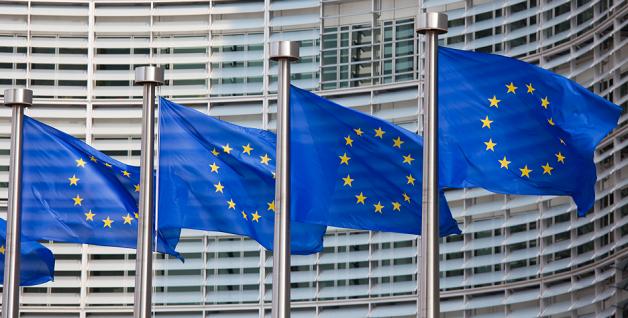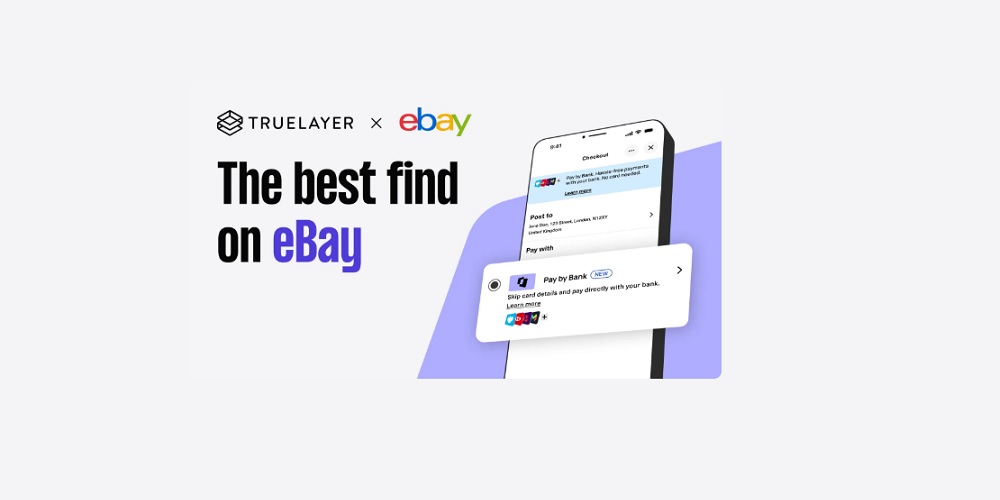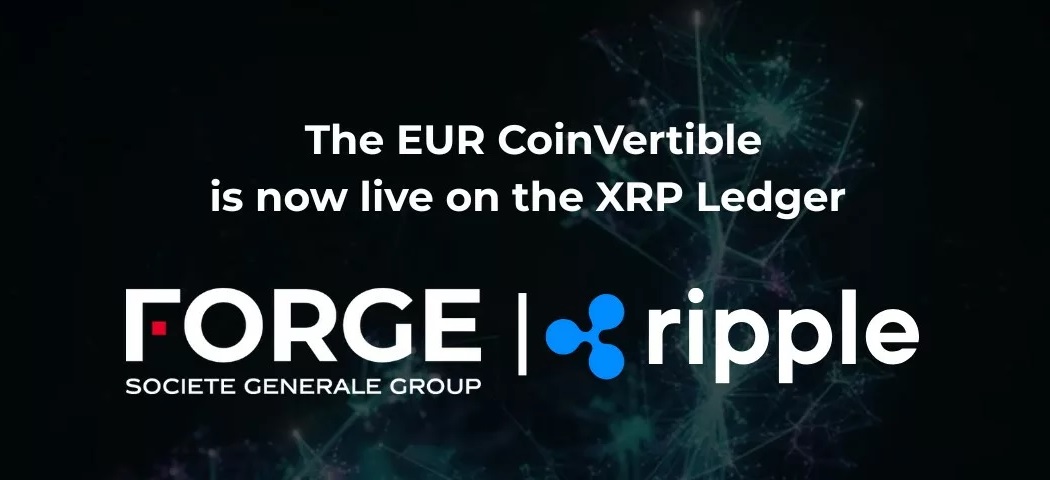Commission proposes high level of privacy rules for all electronic communications – better online protection and new business opportunities

The proposed Regulation on Privacy and Electronic Communications will increase the protection of people’s private life and open up new opportunities for business:
New players: 92% of Europeans say it is important that their emails and online messages remain confidential. However, the current ePrivacy Directive only applies to traditional telecoms operators. Privacy rules will now also cover new providers of electronic communications services, such as WhatsApp, Facebook Messenger, Skype, Gmail, iMessage, or Viber.
Stronger rules: By updating the current Directive with a directly applicable Regulation, all people and businesses in the EU will enjoy the same level of protection for their electronic communications.Businesses will also benefit from one single set of rules across the EU.
Communications content and metadata: Privacy will be guaranteed for both content and metadata derived from electronic communications (e.g. time of a call and location). Both have a high privacy component and, under the proposed rules, will need to be anonymised or deleted if users have not given their consent, unless the data is required for instance for billing purposes.
New business opportunities: Once consent is given for communications data, both content and/or metadata, to be processed, traditional telecoms operators will have more opportunities to use data and provide additional services. For example, they could produce heat maps indicating the presence of individuals to help public authorities and transport companies when developing new infrastructure projects.
Simpler rules on cookies: The so called „cookie provision”, which has resulted in an overload of consent requests for internet users, will be streamlined. New rules will allow users to be more in control of their settings, providing an easy way to accept or refuse the tracking of cookies and other identifiers in case of privacy risks. The proposal clarifies that no consent is needed for non-privacy intrusive cookies improving internet experience (e.g. to remember shopping cart history). Cookies set by a visited website counting the number of visitors to that website will no longer require consent.
Protection against spam: Today’s proposal bans unsolicited electronic communication by any means, e.g. by emails, SMS and in principle also by phone calls if users have not given their consent. Member States may opt for a solution that gives consumers the right to object to the reception of voice-to-voice marketing calls, for example by registering their number on a do-not-call list. Marketing callers will need to display their phone number or use a special pre-fix that indicates a marketing call.
More effective enforcement: The enforcement of the confidentiality rules in the Regulation will be the responsibility of national data protection authorities.
Andrus Ansip, Vice-President for the Digital Single Market said: „Our proposals will deliver the trust in the Digital Single Market that people expect. I want to ensure confidentiality of electronic communications and privacy. Our draft ePrivacy Regulation strikes the right balance: it provides a high level of protection for consumers, while allowing businesses to innovate.”
Věra Jourová, Commissioner for Justice, Consumers and Gender Equality said: „The European data protection legislation adopted last year sets high standards for the benefit of both EU citizens and companies. Today we are also setting out our strategy to facilitate international data exchanges in the global digital economy and promote high data protection standards worldwide.”
Source: europa.eu
Dariusz Mazurkiewicz – CEO at BLIK Polish Payment Standard
Banking 4.0 – „how was the experience for you”
„To be honest I think that Sinaia, your conference, is much better then Davos.”
Many more interesting quotes in the video below:









